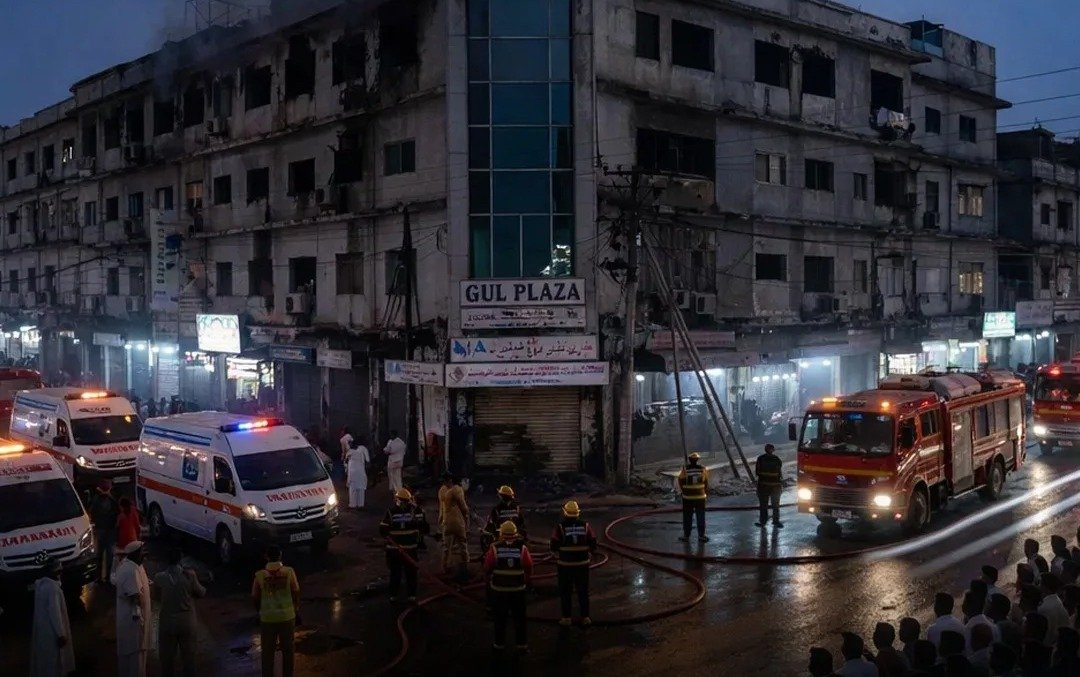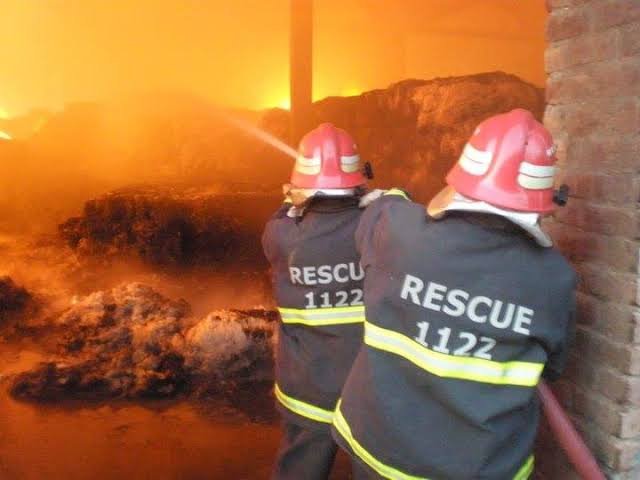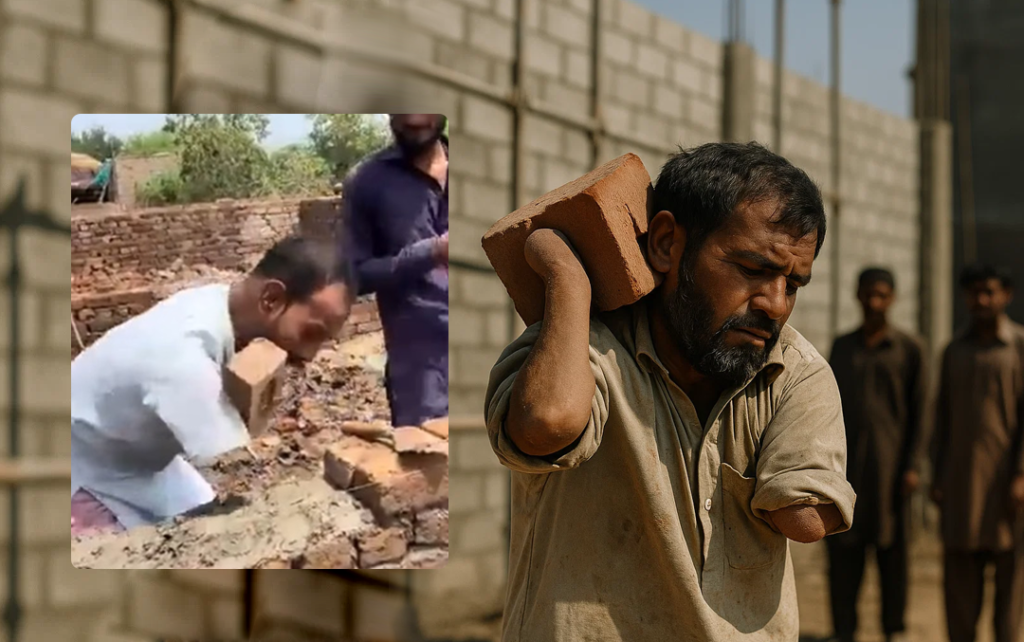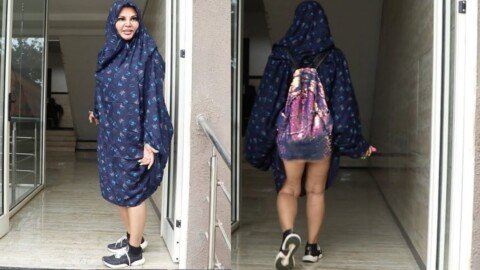Earning halal rizq (lawful sustenance) is not just a means of survival — it is an act of worship, dignity, and perseverance. In this world where shortcuts and unethical practices often seem easier and more rewarding, it takes an extraordinary level of patience and resilience to hold on to what is pure and rightful. One such heart-touching example is that of a labourer working on a construction site despite having no hands! yet striving to earn halal rizq for himself and his family.
This man’s story is not just inspiring but also deeply humbling. Every day he shows up at the construction site, where heavy bricks, cement, dust, and the blazing sun make it a hard place to work even for able-bodied workers. Yet, with no hands, he manages to contribute to the work with the help of his arms, shoulders, and an unwavering willpower that most of us can only admire.
Instead of resorting to begging or relying on charity, he chose to maintain his self-respect and earn through his own effort. His determination shatters the notion that physical disability means helplessness. Many people with all abilities at their disposal complain about their work or search for easier, even dishonest, ways to make money. But this man reminds us that halal rizq is not always easy, yet it is worth all the struggle because it brings barakah (blessings) and peace of mind.
Islam teaches that earning through honest and lawful means is a great virtue. The Prophet Muhammad ﷺ said:
“No one eats better food than that which he eats out of the work of his hand.”
This hadith perfectly fits the example of this brave labourer. His hands may not be intact, but the work he does with the rest of his body and his heart speaks volumes about his strength of character.
For such people, the workplace is not just a site of toil but a ground where they prove their faith, patience, and resilience every single day. The struggles of this labourer also highlight the importance of inclusion and kindness from society. His coworkers, supervisors, and others around him must also support him and admire his efforts, ensuring he is treated with respect and given opportunities to earn without pity or discrimination.
Witnessing stories like his reminds us to reflect on our own blessings. Many of us have hands, feet, health, and opportunities yet take them for granted or misuse them. We often complain about little difficulties, forgetting that there are people fighting much tougher battles just to put lawful food on their tables.
In conclusion, this labourer without hands working at a construction site is more than just a worker — he is a symbol of courage, faith, and the spirit of earning halal rizq no matter how hard it gets. His example should inspire all of us to work harder, be grateful, and never compromise on honesty in our livelihood. After all, halal earnings, though difficult, bring honor and contentment that no unlawful wealth can ever match.











